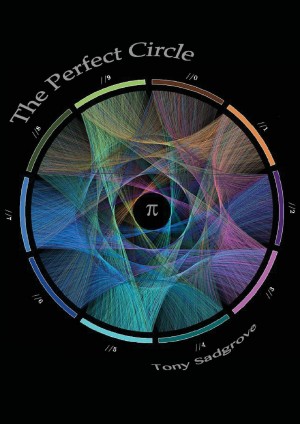
Share with Friends
Interview with Tony Sadgrove
Published 2014-11-24.
Smashwords Interviews are created by the profiled author or publisher.
Books by This Author
The Perfect Circle
by Tony Sadgrove
Price:
$2.99 USD.
Words: 6,800.
Language:
English.
Published: February 16, 2015
.
Categories:
Fiction » Science fiction » High tech
Two recent events have captured the imagination: the discovery of the Higgs Boson by Cerne and the subsequent Nobel Prize for Physics; and Voyager leaving the solar system.
My novel, 'The Perfect Circle' spins an intriguing 'what if' tale using these two developments demonstrating the exciting potential of technologies based on quantum mechanics and intergalactic communication.
AD29
by Tony Sadgrove
Price:
$2.99 USD.
Words: 52,490.
Language:
English.
Published: July 4, 2014
.
Categories:
Fiction » Historical » Classical Greece & Rome, Fiction » Historical » Ancient
The Emperor Tiberius needs to increase revenue. He decides to increase the tribute paid by the provinces. One, Judea, is a problem. He sends Publius to engineer a situation which will force the local government, the Sanhedrin, to comply. This is Publius' solution.


